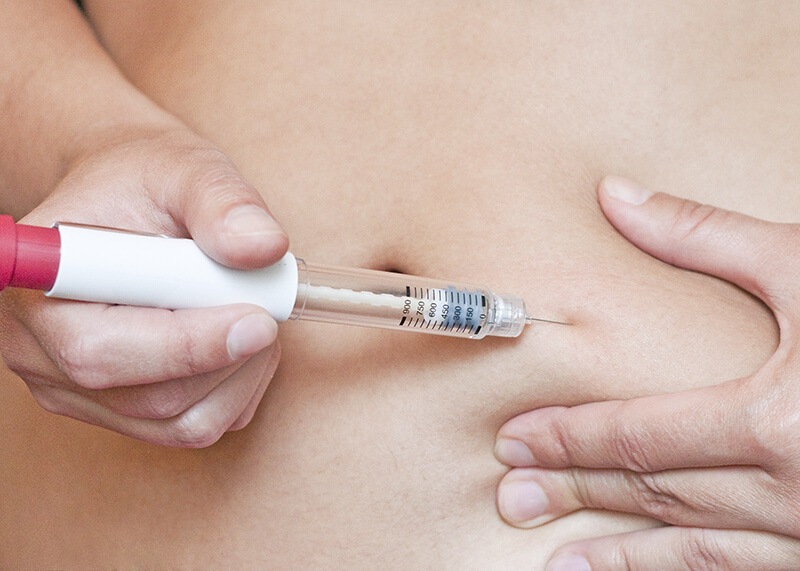Egg quality over quantity or more is more
During the IVF cycle, one of the perennial questions asked is, how many eggs is enough? Does more compromise quality or is it really a “more is more” situation? And what is the ideal amount of eggs retrieved during the oocyte pick up (OPU) stage for a successful pregnancy?
This is a debate had by many fertility experts, with many saying that quality is more important than quality. After all, what matters is the eggs that go on to be fertilised embryos and keep growing to day five, when they are typically frozen or transferred to the uterus. But there’s growing research showing quantity is important.
Higher egg yield points to more successful IVF
Several studies have suggested there is an ideal number of eggs when it comes to OPU and that lower or higher numbers can hurt outcomes (Optimum number of oocytes for a successful first IVF treatment cycle, van der Gaast et al., Reprod Biomed Online, 2006). But a recent study that included more than 700 IVF cycles across three IVF clinics in Australia, has shown that a higher egg yield is associated with more chromosomally normal embryos.
This is important because chromosomally normal embryos are more likely to result in a successful pregnancy and live birth. So, retrieving more eggs does seem to link to more successful IVF outcomes.
Does age matter with egg retrieval and IVF?
The recent study also found that to get one or two chromosomally normal embryos, fertility specialists need to retrieve between five and 14 eggs for women of around age 34. But that number rises to between 10 and 34 for 38-year-old women.
So, with older women, the more eggs the better the chance of a healthy, successful pregnancy.
We do also know that between 20 percent and 50 percent of embryos continue to develop to day five and that this percentage is dependent on the woman’s age, so unfortunately as with any fertility issue age does matter.
What does egg retrieval and IVF mean for you?
While the studies do suggest numbers are important in egg collection, that doesn’t mean that there is an ideal number or that collecting fewer eggs will detrimentally affect IVF. At our Perth clinic, we assess each patient based on your needs, circumstances, and wishes. We follow careful protocols to give you the best chance of pregnancy with IVF while doing our best to limit the demands that fertility medications place on your body.
Visit our fertility specialists to learn more about egg retrieval and IVF and the processes involved to help you have a healthy baby.
Useful links
Read about other Fertility related problems and other challenges on your fertility journey that I can assist with.
- IVF treatment: Dr Tamara Hunter is the only female Certified Specialist in Reproductive Endocrinology and Infertility (CREI) in Perth.
- How is IVF done step by step?
- How to prepare for IVF?
Videos

